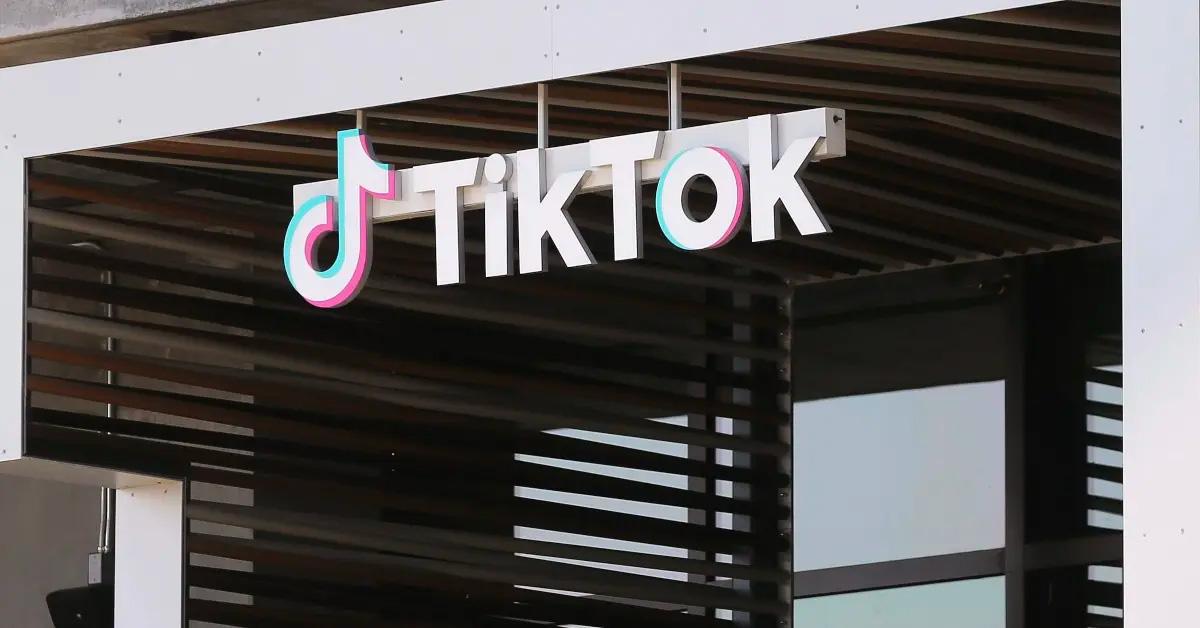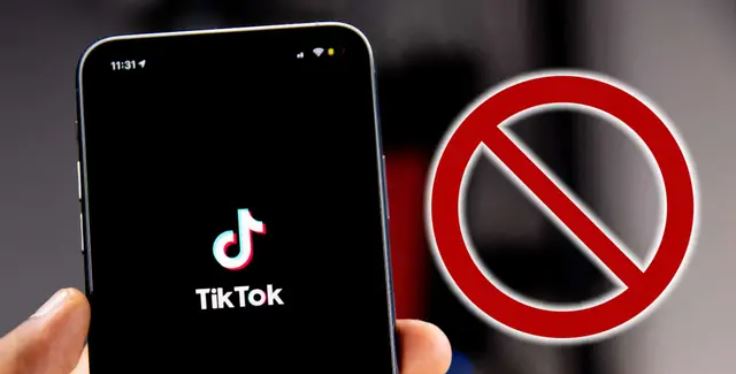The Senate has passed a bill banning TikTok from all government-issued devices.
There has been a ton of noise in recent months about the security risks of an app like TikTok, which is owned by a Chinese company and is also on many, many devices in the U.S. Because the Chinese government has no compunctions about influencing companies that run out of the country, many in government are concerned that China could begin mining data through TikTok. Now, the US Senate has decided to do something about it.
Why did the Senate ban TikTok from government devices?
Although there has been plenty of talk about instituting a broader ban against TikTok across all U.S. devices, the Senate recently took a much smaller step, banning the app from all devices issued by the government. This version of the bill was passed by unanimous consent, and a similar version has been drafted in the House of Representatives. Speaker of the House Nancy Pelosi said it’s currently unclear whether that bill will get a vote.

A statement from TikTok decried the vote, saying that it had little to do with protecting America’s national security interests.
“Once again, Sen. Hawley has moved forward with legislation to ban TikTok on government devices, a proposal which does nothing to advance U.S. national security interests,” a spokesperson for TikTok said. “We hope that rather than continuing down that road, he will urge the Administration to move forward on an agreement that would actually address his concerns.”
The U.S. government has been looking at ways to limit data security concerns on TikTok.
This smaller piece of legislation comes as TikTok and the U.S. government are reportedly in talks to try to find a way to keep the app operating in the U.S.
According to reporting in CNN, not all lawmakers are happy with how the talks have gone.
“My patience is running out,” Sen. Mark Warner of Virginia said.
Sen. Marco Rubio of Florida caused a stir recently when he made a push to ban TikTok in the U.S., introducing a bill that would do exactly that. Rubio’s bill would also ban other apps that are operating out of countries that the Senate considers “adversarial,” including China, Russia, Iran, North Korea, and others.
That bill does not yet have nearly enough support to pass into law, but conversation around banning TikTok has become more widespread in recent months.
While this senate bill obviously doesn’t take things that far, it’s clearly an ominous sign for regular TikTok users. TikTok has become wildly popular in the U.S. and is now bigger than many of its American competitors in terms of users and engagement.
The influence it has over the American people may be one of the biggest reasons a full ban would be difficult to pass.
Given how many people use it, the move may be seen as unpopular. Those who care about access to TikTok should hope that the talks between the government and representatives for the app progress. A compromise may be the best solution to ensure that both national security and the interests of TikTok’s American users are taken into consideration.







